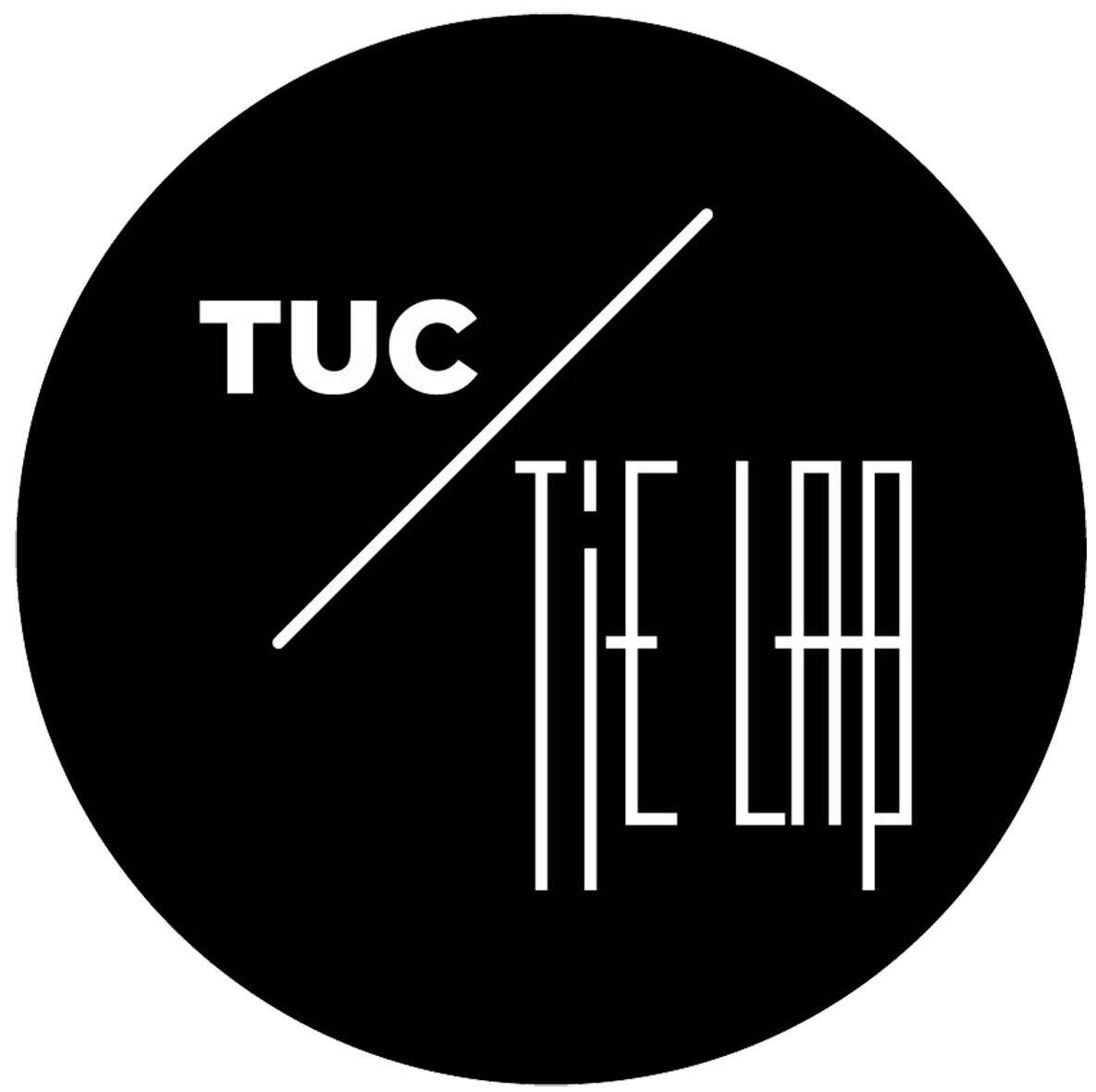ABOUT
The Transformable Intelligent Environments Laboratory (TUC TIE Lab) at the Technical University of Crete School of Architecture was founded in 2011 on the basis of researching and developing methodologies, software, mechanisms and know-how for designing and fabricating paradigms of transformable intelligent environments. It promotes specialised research on methods and systems that explore modularity, adaptability and transformability, both physical and perceptual, as well as the exploration of innovative materials and techniques to increase their performance. Environments and materials are treated as platforms where the TIE Lab researchers explore the ability to drastically alter their characteristics in response to human activity, requirement or wish. Materiality is explored from the perspective of efficiency and in the ways in which a material can be used to unravel its full potential, minimising liabilities and increasing its performance. It covers the range from natural materials, like raw-earth and bamboo, to smart materials, like SMAs. Spatial flexibility is explored through the direct relationship between human activity and changing spatial requirements. The environment is active, exhibiting transformability, adaptability and flexibility through a series of techniques that save space and human effort while energy consumption is reduced. Along these lines, research carried out at the TIE Lab also involves the exploration of intelligent spaces and the integration of Information Technology systems in spatial elements. The approach is known as 'sensponsive design', introducing the next step in responsive environments that exhibit 'sense' in their 'response'.
All TIE Lab projects are explored within the following architectural approach and research directions, all complementary to one-another:
TIE Lab is involved in research projects dealing with Responsive Environments and Façades, Habitability in Extreme Environmental Conditions, Human Factors, Activity-based Design, Spatial Economy and Utilisation, Learning Environments and Playscapes, Smart Materials, Natural Building Systems and Intelligent Systems. It promotes innovations aiming to enhance the performance of architecture, from the constituting elements to the overall structure, regarding sustainability, energy management, human well-being and communication. The laboratory is fully equipped to design, simulate and fabricate, the last usually as scaled operational prototypes, although 1:1 prototypes have also been constructed. Furthermore, it works cooperatively with the Fabrication Laboratory at the School of Architectural Engineering which is equipped with laser cutters, CNC machines and 3d printers.
After only four years of operation, the TUC TIE Lab has made its international mark in the academic and research community with a large number of diverse and interdisciplinary projects presented and published extensively. Lastly, for three years in a row, TIE Lab projects have been distinguished and included at the top three University Student Entrepreneurship - UNISTEP PLUS Projects.
FACILITIES
The TIE Lab collaborates closely with the TUC Fabrication Laboratory http://www.arch.tuc.gr/fablab/equipment.html









